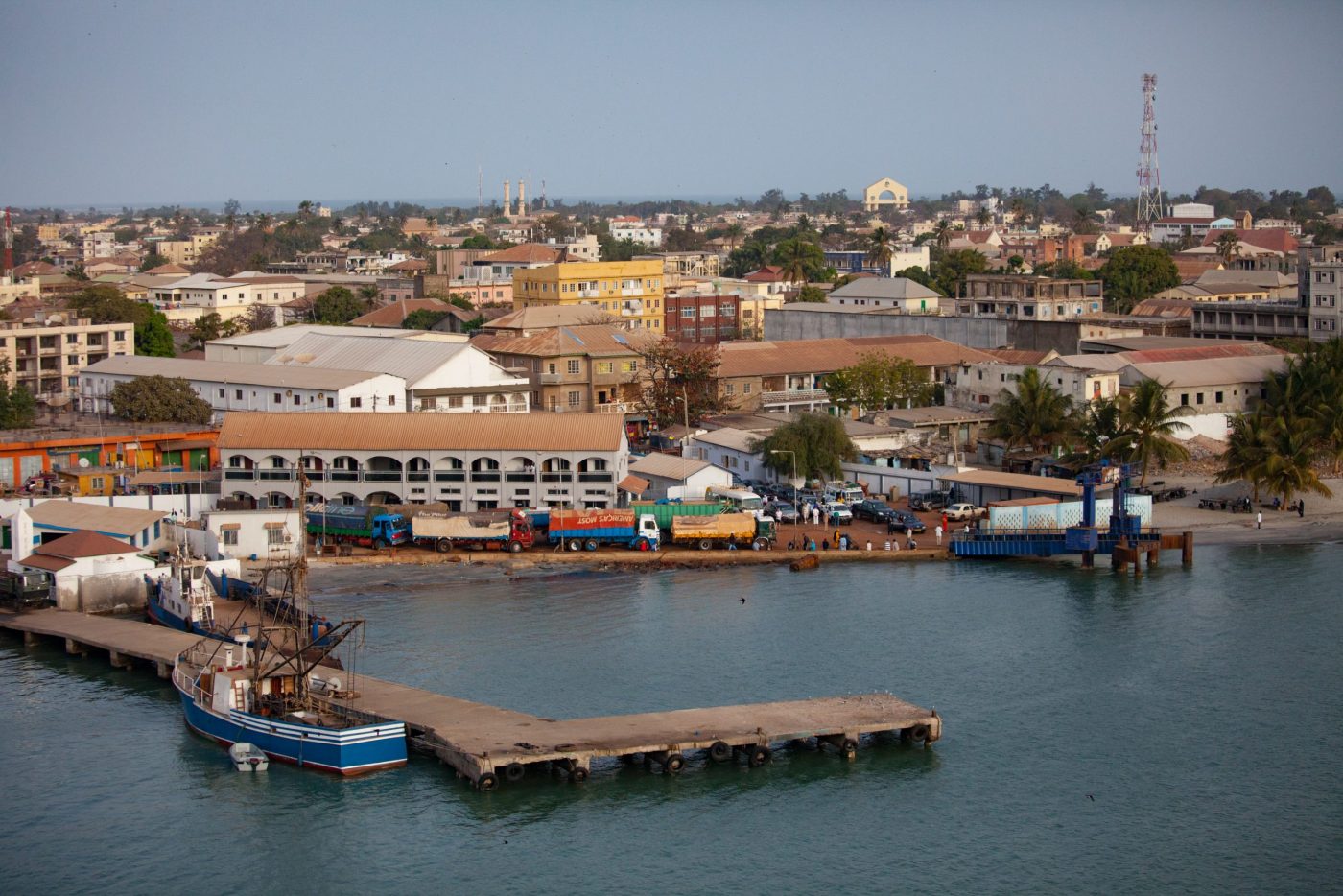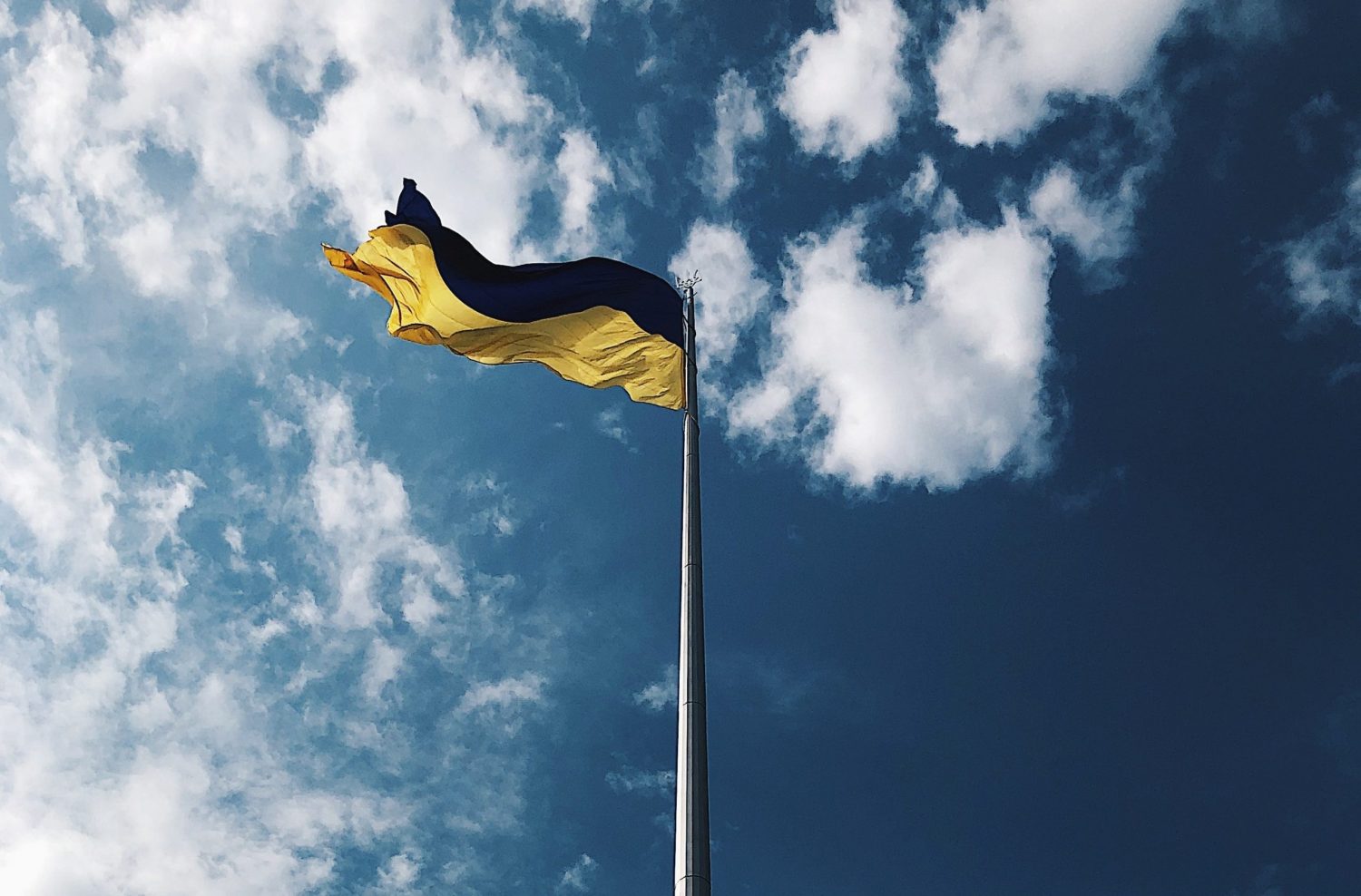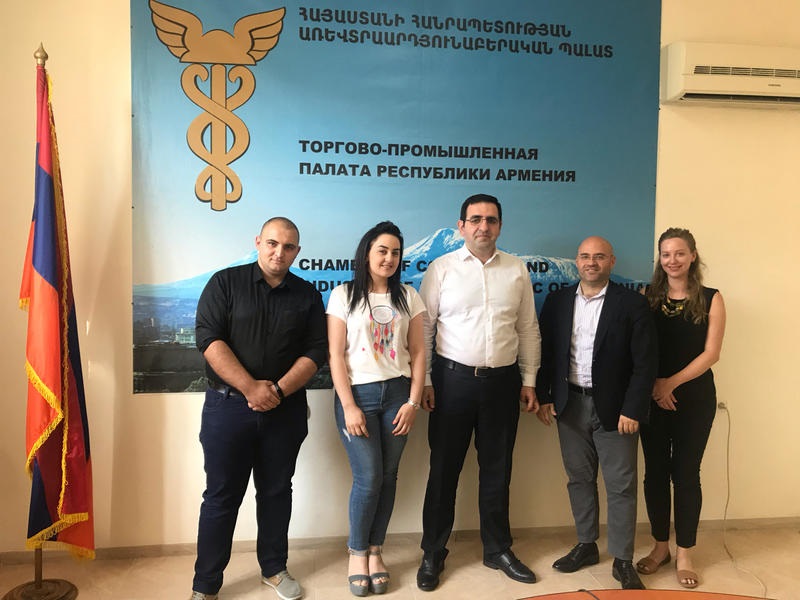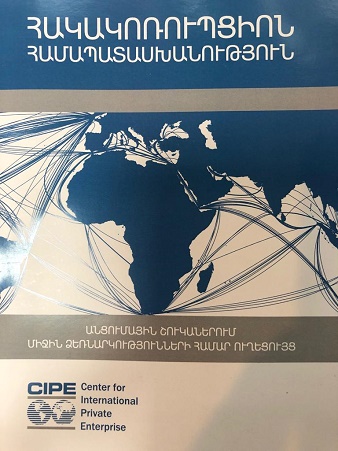As international humanitarian and military aid floods into Ukraine to support the country’s resistance against Russia’s invasion, it is important to ensure this aid is used with integrity and reaches its intended targets. On this front, the international community’s experience in Afghanistan since 2001 offers a cautionary tale to the world today on the potential… Read More
Fighting Pro-Russia Disinformation in the Western Balkans Requires Beneficial Ownership Transparency

Russia’s invasion of Ukraine has highlighted the threat of pro-Russian disinformation in media markets throughout Europe and Eurasia. Some Western Balkan countries like Montenegro have responded to this danger by banning Russian media outlets outright. But these kinds of policies will not be effective without greater media ownership transparency. Media ownership transparency would expose the… Read More
The Armenian Chamber of Commerce and Industry recently took a historic step in adopting its first-ever anti-corruption policies, affirming the Chamber’s commitment to honest and fair competition, business integrity, and operational transparency. CIPE has engaged with the Chamber through the Business Advocacy Network since 2008 and sees this new step as evidence of the private… Read More
One of the more challenging – and promising – lines of work that CIPE’s Anti-Corruption & Governance Center has developed in recent years involves scanning the world for signs of a government that has sincerely embraced anti-corruption reforms. Sometimes it is hard to tell what is real and what is not. Newly ensconced leaders’… Read More
Photo Credit: Gleb Garanich, Reuters Last year’s election of Prime Minister Nikol Pashinyan and his pledge to curb corruption in the public and private spheres has brought about a shift in the Armenian business community’s attitude towards anti-corruption compliance. This new government openness has encouraged businesses to look towards transparent business practices and… Read More





